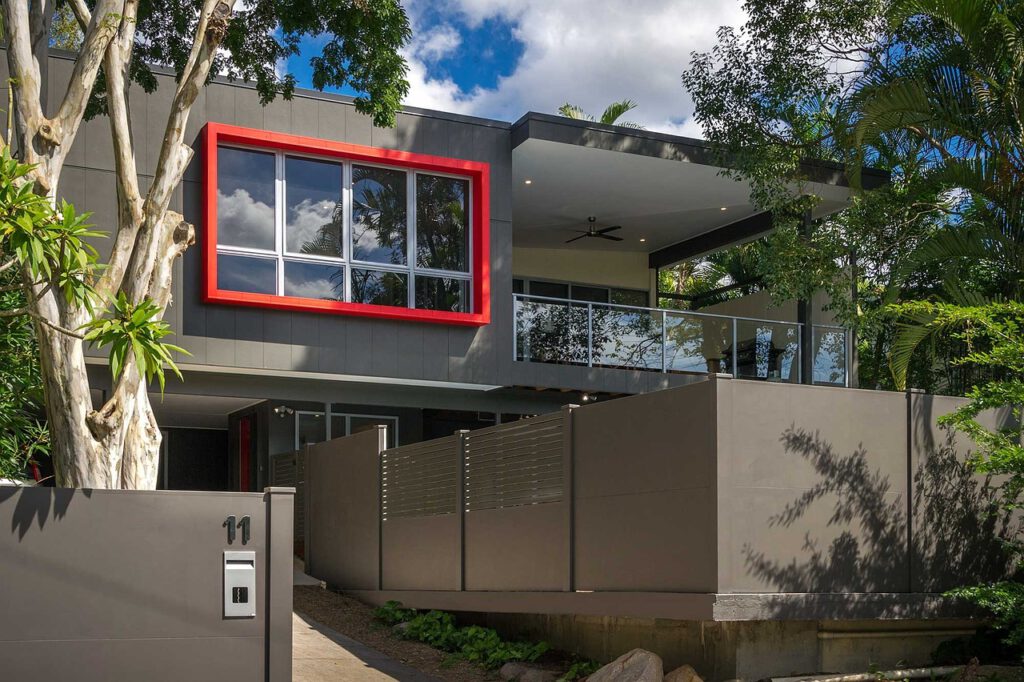Navigating Home Renovation Permits and Regulations in Stockton: What You Need to Know
by siteadmin

Embarking on a home renovation project in Stockton, California, can be an exciting endeavor, but it also requires careful consideration of permits and regulations. Whether you’re planning a small upgrade or a major remodel, understanding the legal requirements is crucial to avoid potential setbacks and ensure compliance with local laws. In this article, we’ll delve into the essential information you need to navigate home renovation permits and regulations in Stockton effectively.
Understanding Permitting Processes
Before diving into your renovation plans, it’s essential to grasp the permitting processes in Stockton. Permits are essentially official approvals from the local government that authorize specific construction activities. The type of permit required depends on the scope and nature of your renovation project. Common permits include building permits, electrical permits, plumbing permits, and mechanical permits.
Building permits typically cover structural changes, additions, alterations, or demolitions to a property. Electrical permits are necessary for any electrical work, such as rewiring or installing new fixtures. Plumbing permits are required for plumbing alterations or installations, while mechanical permits are needed for HVAC system installations or modifications.
Navigating the permit application process involves submitting detailed plans and specifications of your project to the Stockton Building Department. It’s essential to ensure that your plans comply with local building codes and zoning regulations to expedite the approval process.
Zoning Regulations
Zoning regulations dictate how properties can be used and what types of structures can be built within specific areas of Stockton. Before initiating your renovation project, it’s crucial to verify that your plans align with the zoning ordinances applicable to your property.
Zoning regulations may cover aspects such as setbacks, building height limits, lot coverage, and property use restrictions. For example, if you’re planning to add an extension to your home, you’ll need to ensure that it complies with setback requirements, which specify how far structures must be set back from property lines.
Non-Compliance Consequences
Failure to obtain the necessary permits or adhere to zoning regulations can have serious consequences. In Stockton, unpermitted construction work may result in fines, stop-work orders, or even legal action. Additionally, non-compliant renovations can cause problems during property inspections, appraisal processes, or future property sales.
Ensuring Compliance
To ensure compliance with permits and regulations in Stockton, consider the following steps:
Research: Familiarize yourself with Stockton’s building codes, zoning ordinances, and permit requirements before starting your renovation project.
Consultation: Seek guidance from professionals such as architects, contractors, or building inspectors who are knowledgeable about local regulations.
Permit Acquisition: Obtain the necessary permits for your renovation project and display them prominently on-site during construction.
Inspection: Schedule inspections at key stages of your renovation to ensure that the work meets building code standards.
Documentation: Keep records of permit approvals, inspection reports, and any correspondence with relevant authorities.
Navigating home renovation permits and regulations in Stockton requires careful attention to detail and adherence to legal requirements. By understanding the permitting processes, zoning regulations, and consequences of non-compliance, homeowners can ensure smooth and lawful renovation projects. Remember to consult with local authorities and professionals to navigate the process effectively and enjoy the benefits of a successful home renovation in Stockton.
Embarking on a home renovation project in Stockton, California, can be an exciting endeavor, but it also requires careful consideration of permits and regulations. Whether you’re planning a small upgrade or a major remodel, understanding the legal requirements is crucial to avoid potential setbacks and ensure compliance with local laws. In this article, we’ll delve…
Recent Posts
- Age-Defying Elegance: Exploring Botox’s Transformative Potential
- Celebrate Mom with Exquisite Flowers: Mothers Day Flowers
- My Insurance Agent-TX Urges Drivers in Midland Odessa to Opt for Adequate Auto Liability Coverage Over State Minimums
- The Importance of Professional AC Installation in Statesboro, GA
- Exploring Robinhood Real Estate: A Comprehensive Review